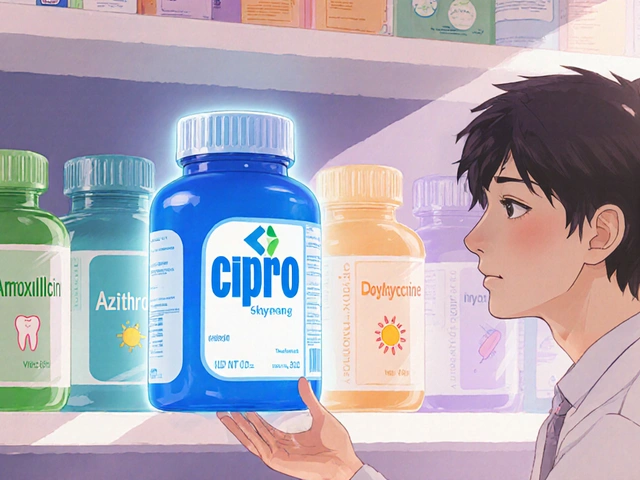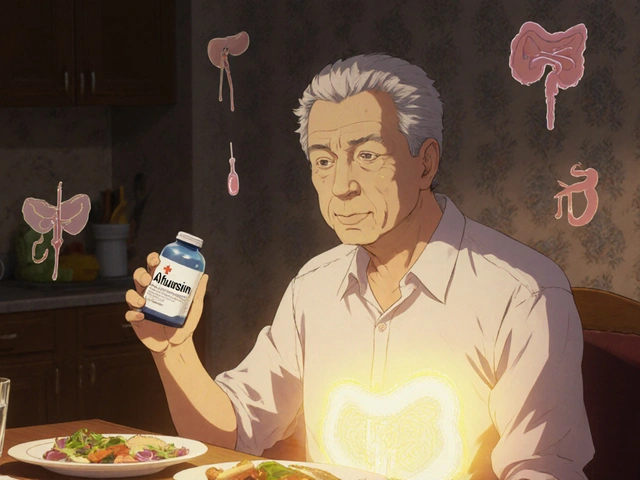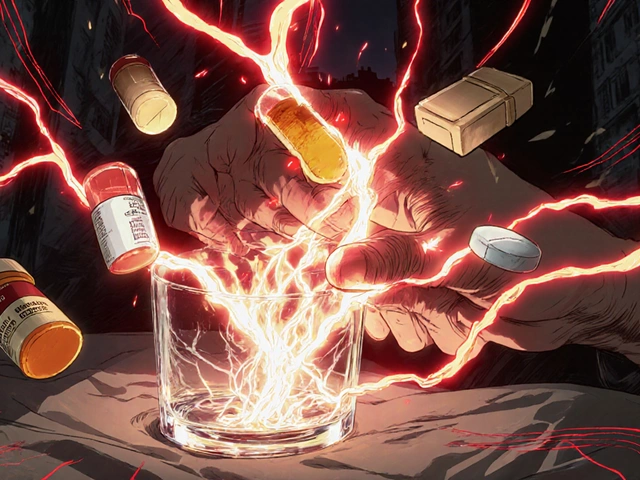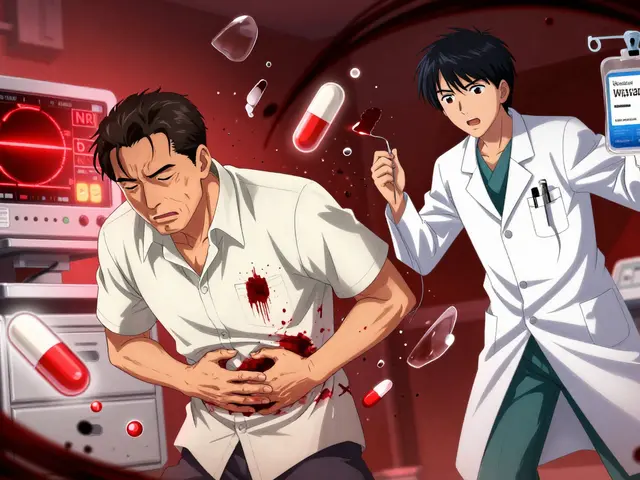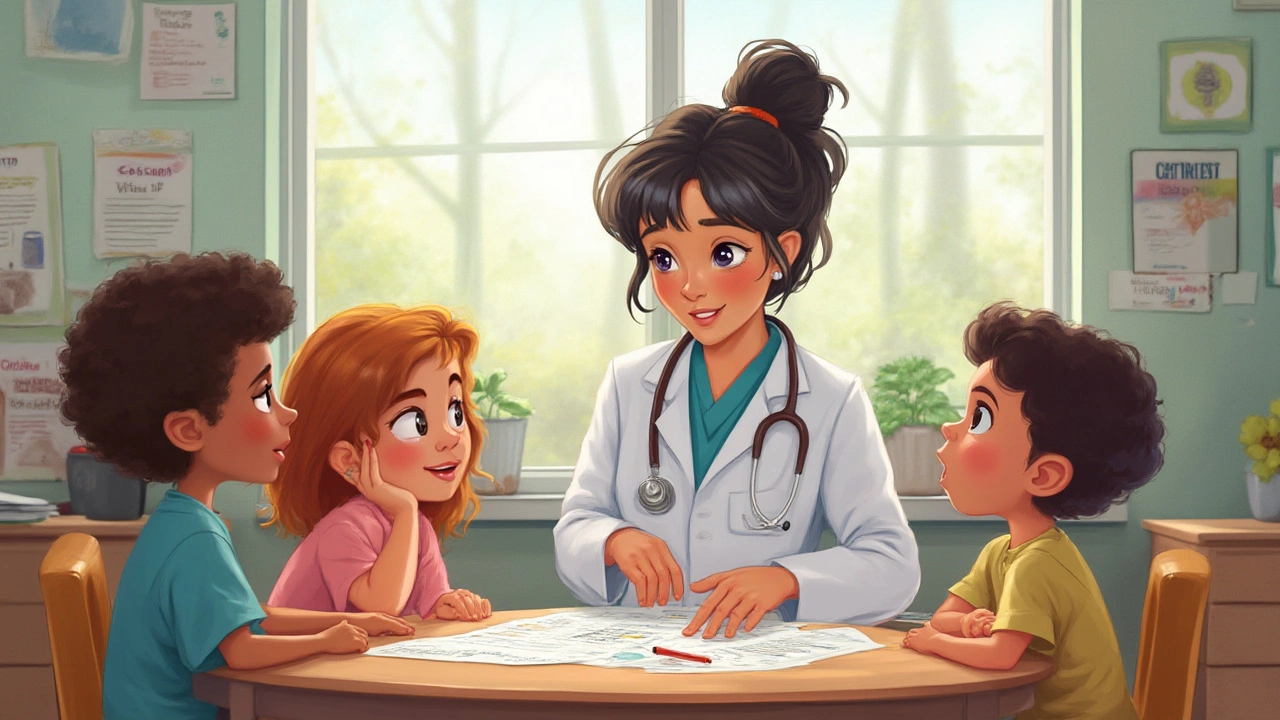Chronic Kidney Disease: What You Need to Know Right Now
If you or a loved one has been told you have chronic kidney disease (CKD), the first thing to remember is you’re not alone. CKD affects millions, and the good news is that early steps can slow its progress. This page gives you plain‑talk advice on spotting CKD, managing it daily, and where to find reliable updates.
What Is Chronic Kidney Disease?
CKD means your kidneys are losing function over months or years. Instead of a sudden failure, it’s a slow decline that often shows up only when lab tests find a drop in the glomerular filtration rate (GFR). The disease is staged from 1 (mild) to 5 (end‑stage) based on GFR numbers. Common signs include swollen ankles, fatigue, high blood pressure, and changes in urine color or frequency. Because symptoms can be subtle, regular blood work and urine checks are the real detectives.
Practical Ways to Slow CKD Progress
1. Control Blood Pressure. Aim for under 130/80 mmHg. ACE inhibitors or ARBs are often first‑line because they protect the kidneys as well as the heart.
2. Watch Your Blood Sugar. If you have diabetes, keeping A1C below 7 % can dramatically cut down kidney damage.
3. Eat Kidney‑Friendly. Limit sodium (no more than 2,300 mg a day) and watch protein portions—about 0.8 g per kilogram of body weight is a good rule unless your doctor says otherwise. Choose fresh fruits, vegetables, and whole grains while steering clear of processed foods.
4. Stay Hydrated—but Not Over‑Hydrated. A steady intake of water helps the kidneys flush waste, but if you’re on dialysis or have advanced CKD, your doctor will set a specific fluid limit.
5. Quit Smoking. Smoking narrows blood vessels, raising blood pressure and accelerating kidney decline. Even cutting back can help.
6. Take Meds as Prescribed. Skip the “just because it worked for a friend” mentality. Some over‑the‑counter pain relievers (NSAIDs) can hurt kidney tissue, so ask your pharmacist for safer options.
Beyond lifestyle tweaks, keep an eye on lab results. A rising creatinine or dropping eGFR signals that you need to speak with your nephrologist about adjusting your plan.
How MedClean Keeps You Informed
MedClean curates the latest CKD research, medication guides, and diet tips in plain language. Our tag page gathers every article that mentions chronic kidney disease, so you can quickly jump to the most relevant reads—whether you’re looking for a new blood‑pressure drug review or a simple low‑sodium recipe.
Got a question about a specific medication? Use our search bar to find patient‑friendly guides on drugs commonly used in CKD management, such as fosinopril, sevelamer, or erythropoietin. Need to stay on top of clinical trials? We flag new studies that may affect treatment recommendations.
Remember, CKD is a marathon, not a sprint. By staying educated, following the practical steps above, and checking MedClean regularly, you give yourself the best shot at a healthier kidney life.
